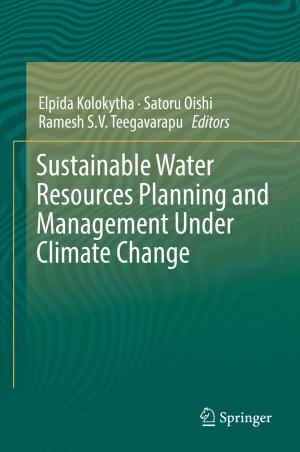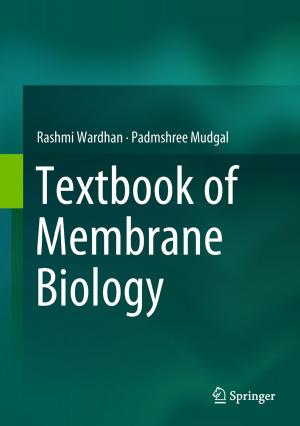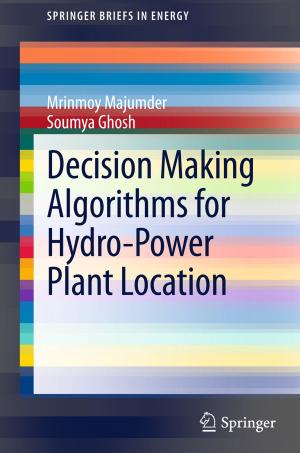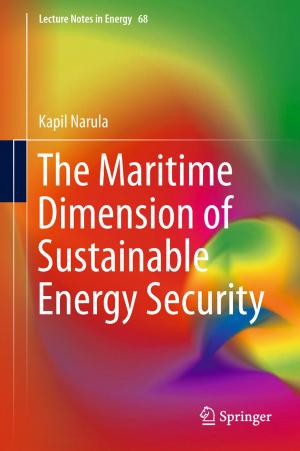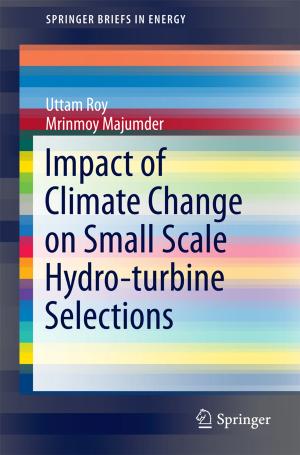The Indian Mesozoic Chronicle
Sequence Stratigraphic Approach
Nonfiction, Science & Nature, Science, Earth Sciences, Palaeontology, Geology| Author: | Jai Krishna | ISBN: | 9789811024771 |
| Publisher: | Springer Singapore | Publication: | March 11, 2017 |
| Imprint: | Springer | Language: | English |
| Author: | Jai Krishna |
| ISBN: | 9789811024771 |
| Publisher: | Springer Singapore |
| Publication: | March 11, 2017 |
| Imprint: | Springer |
| Language: | English |
The book reviews and summarizes the Indian Mesozoic geological evolution in an innovative alternative perspective of sequence stratigraphy. It mainly focuses on the Jurassic interval, but also concisely discusses the preceding Triassic and Cretaceous geological records. The key to the study is primarily held in the recently developed ammonoid based high resolution scales in the Triassic and Jurassic period. The Indian Jurassic record is thus elevated to a high resolution pedestal. The large intra-Jurassic stratigraphic gap in Kachchh, with increase in duration from margin to basin, has been précised in different sections, along with radical revision of its long held interpretation from sub-aerial to sub-marine all over from Arabia to Australia. Other significant gaps are also differentiated into sub-aerial and sub-marine.
The Indian Late Precambrian – Neogene record is organized into five mega-sequences. Among these, the fourth – also the most important one – includes the intra-Permian to Early Eocene interval from the origin to the closure of the Neotethys. Based on multidisciplinary integration of the Indian Mesozoic geological record and comparison with hydrocarbon producing basins on east and west of India, a highly positive scenario of the hydrocarbon source/reservoir sediment perspective is outlined in the book in sequence stratigraphic backdrop as an edifice for future elaborate evaluation.
The book reviews and summarizes the Indian Mesozoic geological evolution in an innovative alternative perspective of sequence stratigraphy. It mainly focuses on the Jurassic interval, but also concisely discusses the preceding Triassic and Cretaceous geological records. The key to the study is primarily held in the recently developed ammonoid based high resolution scales in the Triassic and Jurassic period. The Indian Jurassic record is thus elevated to a high resolution pedestal. The large intra-Jurassic stratigraphic gap in Kachchh, with increase in duration from margin to basin, has been précised in different sections, along with radical revision of its long held interpretation from sub-aerial to sub-marine all over from Arabia to Australia. Other significant gaps are also differentiated into sub-aerial and sub-marine.
The Indian Late Precambrian – Neogene record is organized into five mega-sequences. Among these, the fourth – also the most important one – includes the intra-Permian to Early Eocene interval from the origin to the closure of the Neotethys. Based on multidisciplinary integration of the Indian Mesozoic geological record and comparison with hydrocarbon producing basins on east and west of India, a highly positive scenario of the hydrocarbon source/reservoir sediment perspective is outlined in the book in sequence stratigraphic backdrop as an edifice for future elaborate evaluation.



